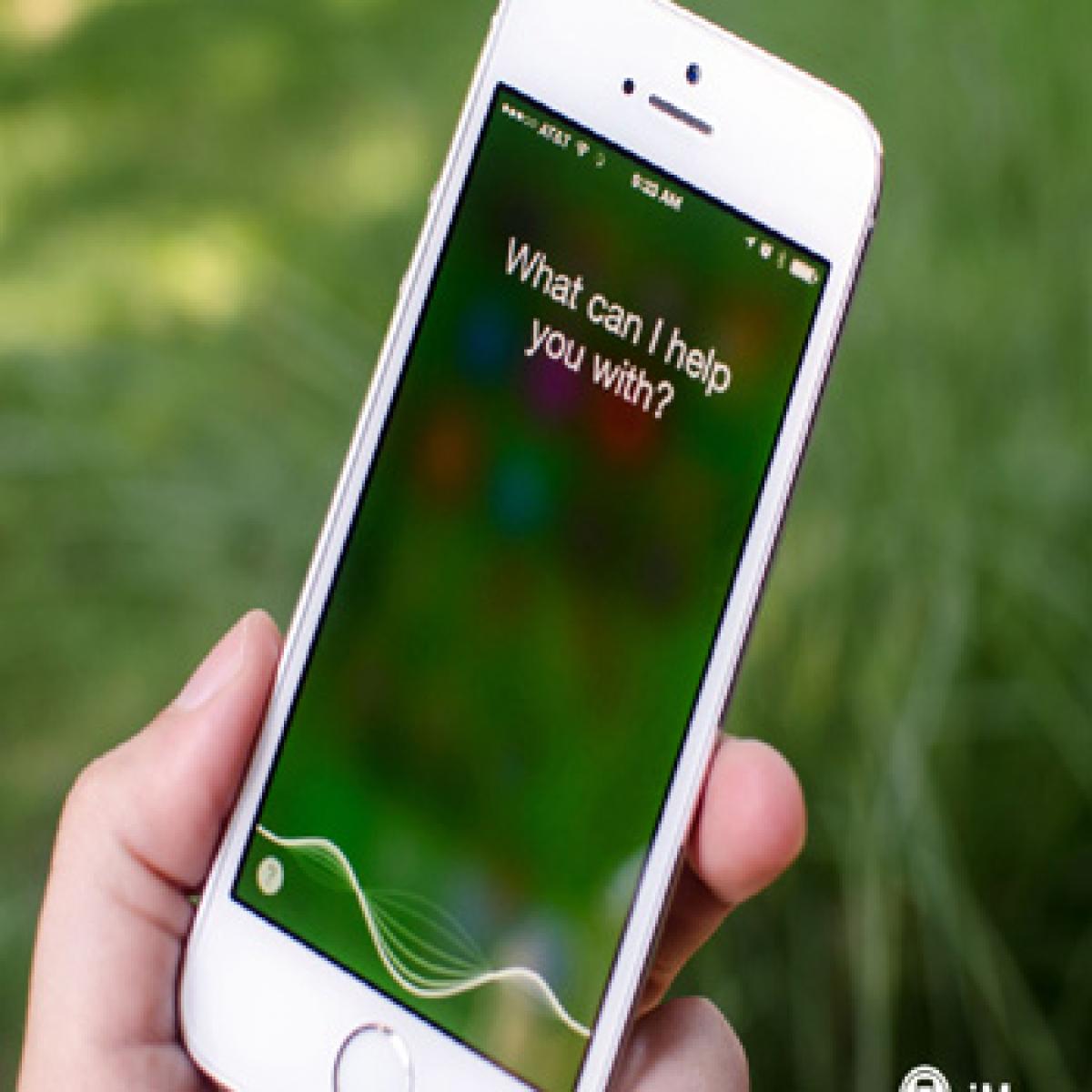Live
- Himachal Institute of Public Administration renamed after late former PM Manmohan Singh
- Garena Free Fire Max Redeem Codes for January 1, 2025: Unlock Free Rewards and Exciting Prizes
- Time to prioritise technology, talent to determine our long-term success: Gautam Adani on New Year
- New year revelry, Police book 25 DD cases
- Chaos at Udupi Krishna Math, Eight Devotees Booked for Disruption
- Road Accident, Delivery Executive Loses Life
- Bengaluru South MP to Marry Carnatic Vocalist Marriage in March
- Panchayat Office in Udupi Shuts as Staff Protest Alleged Harassment
- Ilaiyaraaja and MM Keeravani Collaborate for 'Edo Ye Janmalodo' Song in Shashtipurthi
- Sinha Faces Backlash Over Double Standards on Fireworks Amid New Year and Diwali Posts









